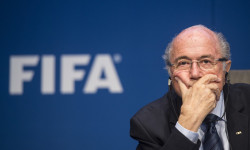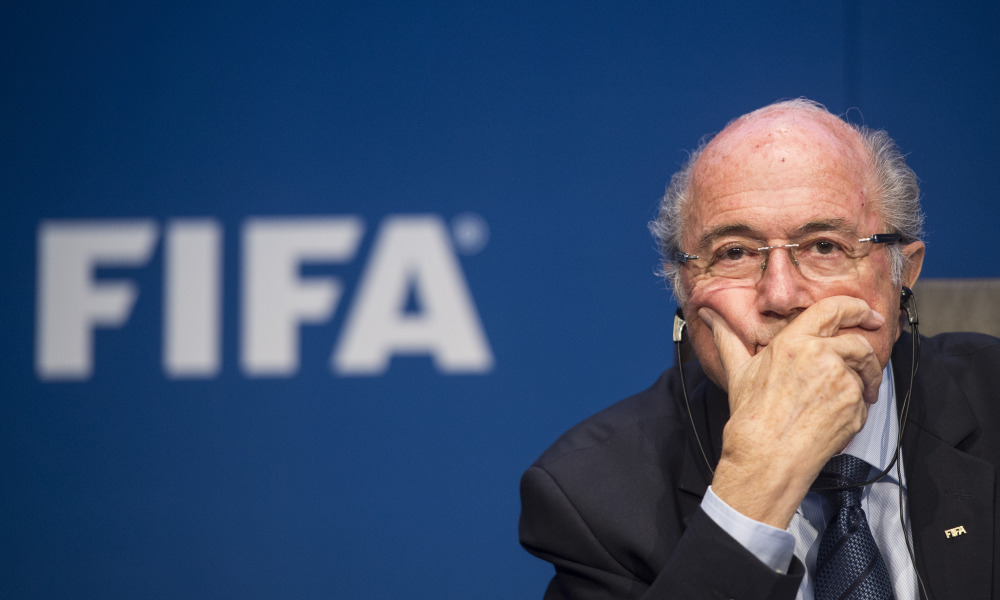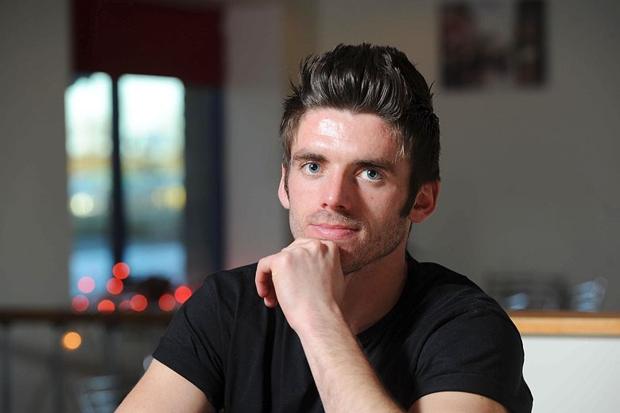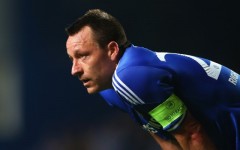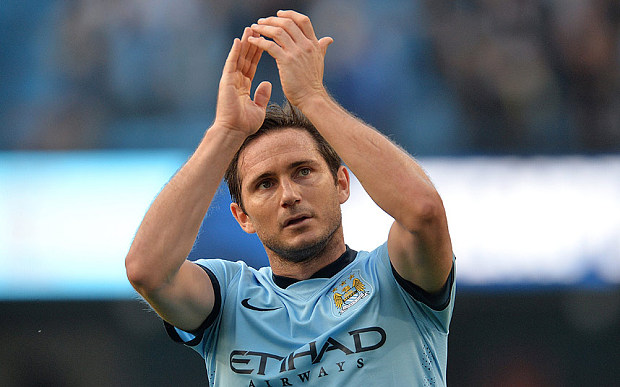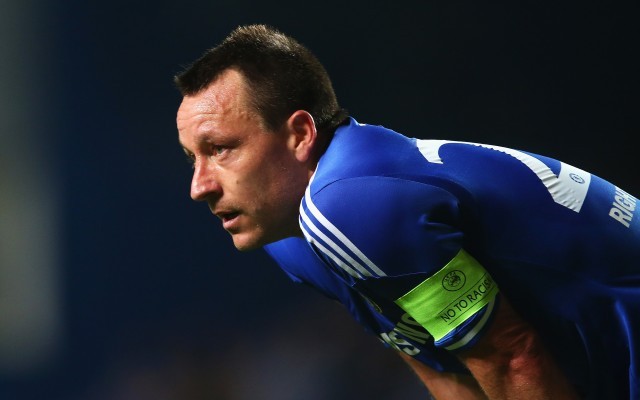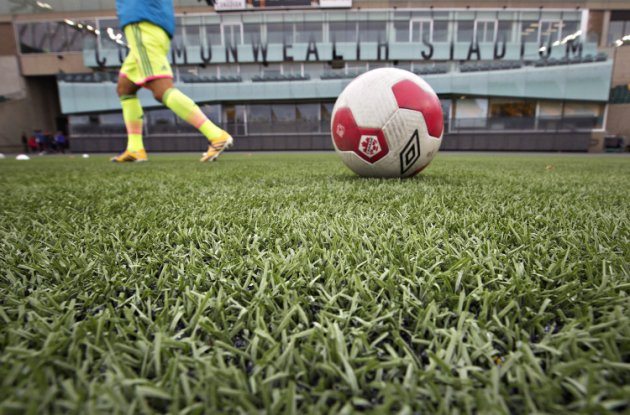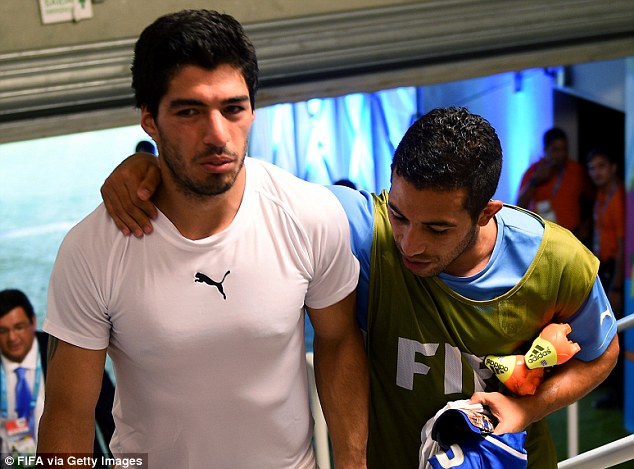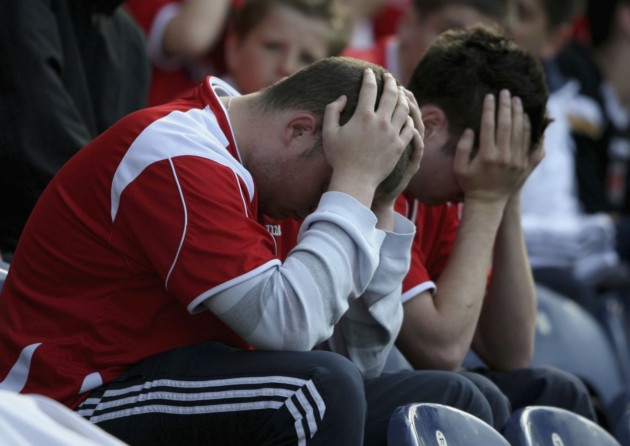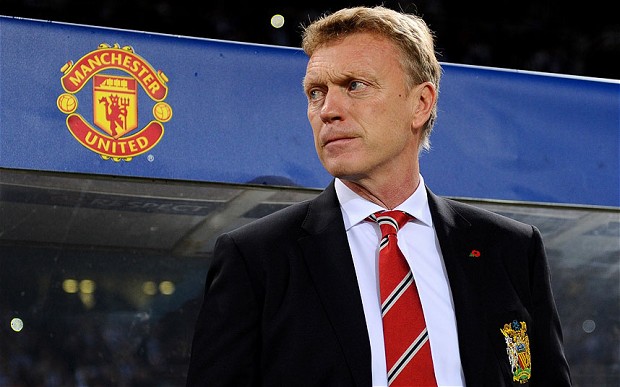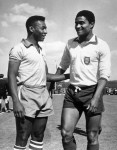
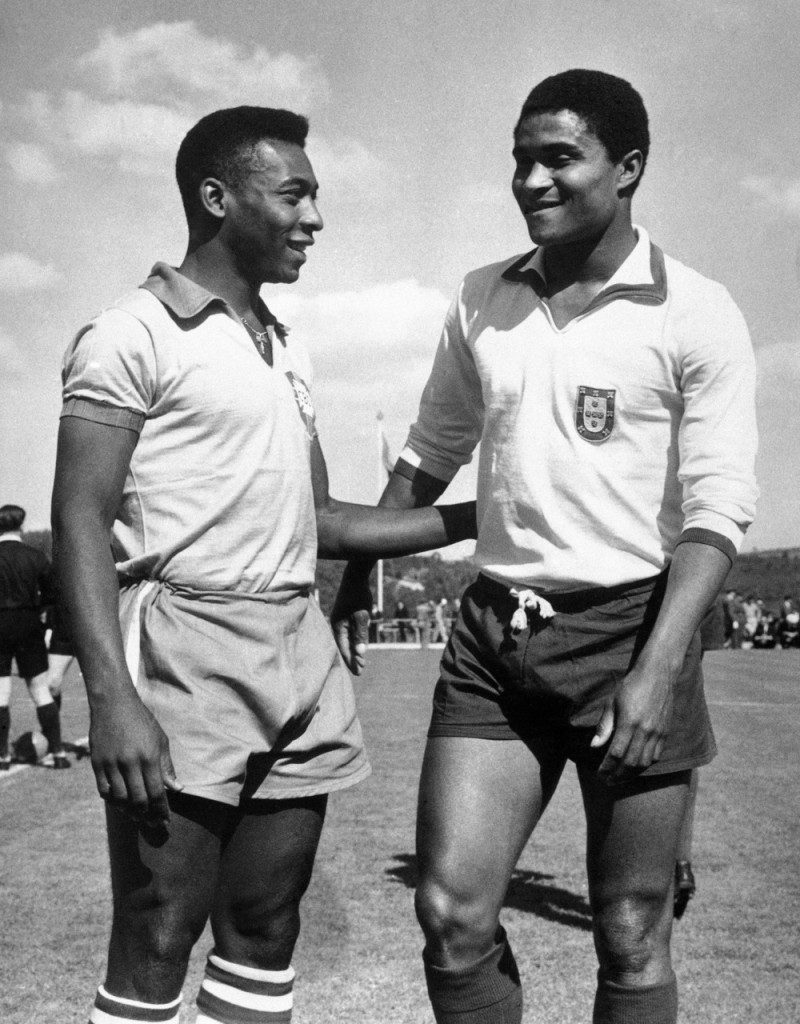
Football has long played a huge part in the lives of many people, and football players have left many memories for those who have witnessed their talents. Memories that can be passed on and kept alive for future generations.
Having been born in 1995, I’d perhaps be considered part of the last generation to have witnessed the greatest players from 2000 onwards, and I would consider myself fortunate enough to be at the age where I am able to pass on some wonderful memories. There’s nothing like football to make you feel old.
Being a kid and growing up learning about football is a truly mesmerising experience. Your eyes open to a world full of professionals who have mastered their craft, transfixed by skill, technique and innate ability combined with the rewards for hard work. Past or present, some footballers have lit up the world more than any player of their generation can dream of. It’s due to the learning of football that I’m writing this.
I have learnt a lot from other people, books, videos, documentaries, and because of that learning I am familiar with some of the greatest players to ever play without ever being alive to see them at their best.
So, as to not digress any further, here are players that I wish I had seen play
3 - PELE
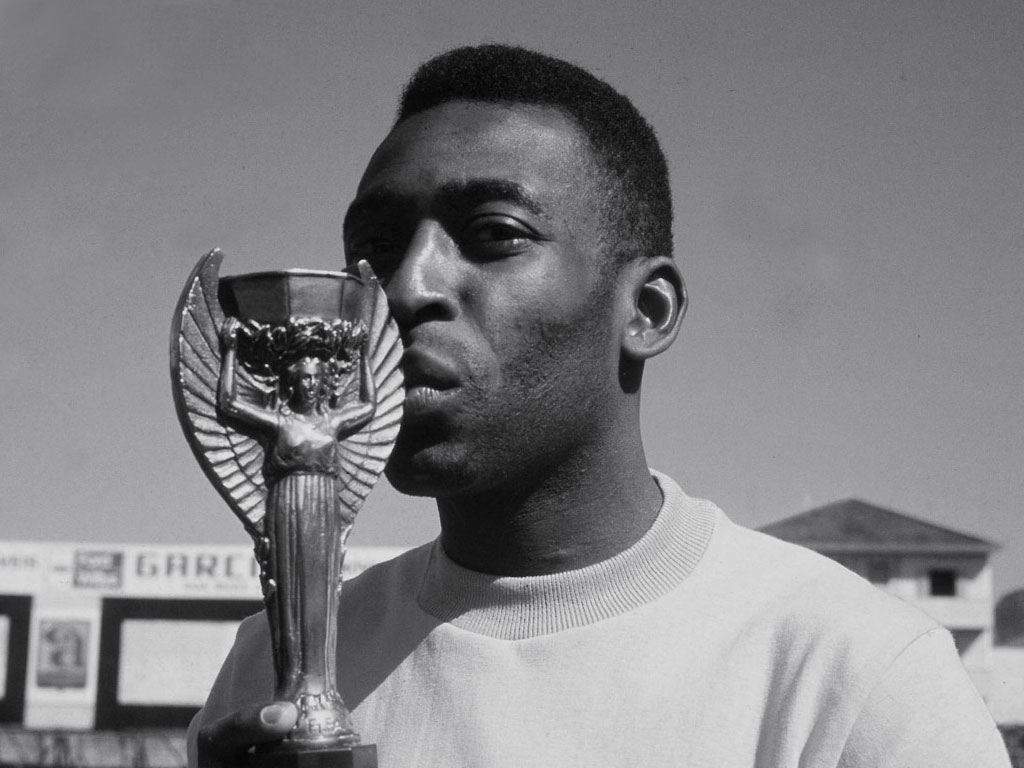
Probably the greatest goalscorer of all the time, the Brazilian scored over 1000 goals for Santos and grabbed 77 goals in his 92 games for his country. Pretty impressive. He is also the only player to ever win the World Cup three times.
During his international career, he helped create Brazil’s synonymy with the beautiful game, taking them to a new level alongside some great teammates. He could dribble at pace, score goals, had skill and a great mind, as proven with his famous ‘runaround move’ around the Uruguayan ‘keeper in the 1970 World Cup.
Born Edson Arantes do Nascimento, Pele was given the nickname “O Rei do Futebol” (the King of Football) and will go down as perhaps the greatest Brazilian footballer ever.
2 - EUSEBIO
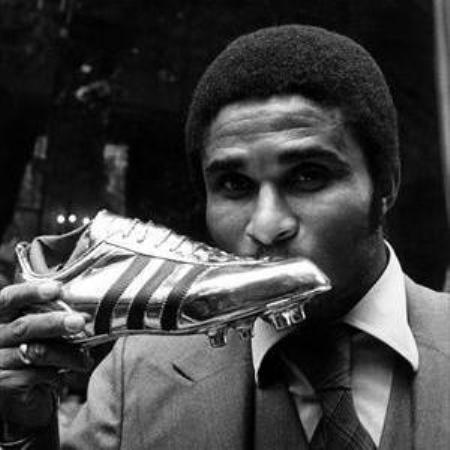
Alongside Pele, The Black Panther as he was known, took goalscoring to a new level, and the pair were perhaps the Ronaldo and Messi of their time. Two players above everyone else, scoring goals for fun. With so much power and athleticism he became an unstoppable force in Benfica’s quest to dominate Europe, and was a similar feature in Portugal’s National Team too.
After his recent passing, many players who have had the pleasure of facing him spoke fondly. A gentleman in the game, a player who was almost impossible to stop, one of the best ever - many things were said, and all positive. Born in Mozambique, he was signed by Benfica after rejecting a trial from their rivals, Sporting. They missed out on one of the greatest players ever.
He had pace, a powerful shot, strength and many other attributes that propelled him to excellence. Admittedly, I’m not the most knowledgable when it comes to Eusebio, but he’s a player that I’ve enjoyed watching back. If only I could’ve seen him first hand.
1 - GARRINCHA
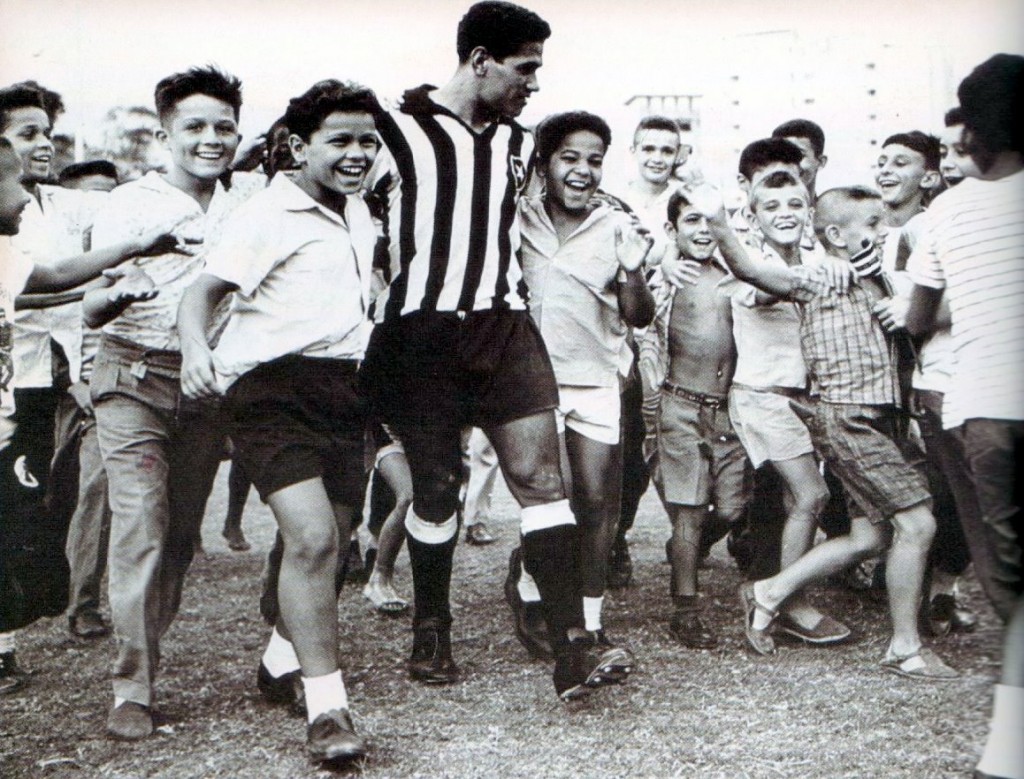
“When he was out there, the pitch was a circus ring, the ball a tamed animal, the match a party invitation. Garrincha nurtured his pet, the ball, and together they created such mischief that people almost died laughing. He jumped over it, it gambolled around him, hid itself away, skipped off and made him run after it. And on the way, his opponents ran into each other.”
Eduardo Galeano, a Uruguayan writer, puts it perfectly. Garrincha played football to entertain; to enjoy himself; for the fun of it. He was not worried about the money, the occassion or the opposition: he would take on any right-back in the world, and beat him. He cared only for football and women.
Give him the ball and he would provide many people with pure joy. While Pele may stand as the greatest Brazilian player ever, Garrincha will always be the most adored. His Botafogo and Brazil team-mate Amarildo, who replaced Pele in the 1962 World Cup after his injury, states that Garrincha is the only player who is loved by every one. Fans of rivals love him like the fans of Botafogo; he belonged to Brazil.
With a turbulent lifestyle and bent legs, Garrincha’s talent was outstanding. However, that turbulent lifestyle ultimately cost him. After retiring from football, he was no longer able to sweat out the alcohol he was drinking and it took its toll, leading to his death. It’s his incredible story that drew my interest in him. Learning of his life and watching old clips of him has been great fun, although it would have been more fun to have seen him live.
Taking on a defender then turning back to take him on again is something not done in today’s era, but done all the time by Garrincha. He was an entertainer, rightly nicknamed Alegria do Povo and undoubtedly a joy to watch. Just a shame I never had the opportunity.
Some other names:
Personally speaking, I couldn’t simply pick just 3. That would be far too difficult, but after much deliberation I decided I had to.
However there were some others in the running:
Marco van Basten, a player I fell in love with during Dennis Bergkamp’s testimonial. You could see the class with every touch of the ball, even flicking it over the head of one defender (Steve Bould if I remember correctly) and unleashing a sweet left-foot volley which was saved by Mart Poom.
As an Arsenal fan there are many players I wish I’d have had the pleasure of watching. Liam Brady, Charlie George, Paul Davis and Bob Wilson to name a few, and as a follower of the Brazilian National Team Socrates and Zico spring to mind as well. Puskas is another who has intrigued me. Many great players have graced football pitches over the years, and many have left memories in the minds of fans. Memories to be cherished and passed on.
Divulging into the history of the sport is a pleasure for many young fans, and maybe in 30 years time another teenager will be sitting there wishing they could’ve witnessed the brilliance of Thierry Henry, Ronaldinho or whoever, but one thing’s for certain - players come and go, but great players remain.
Thank you for reading.
Written by Ryan Goodenough
Follow Ryan on Twitter - SidelineArsenal
Please like O-Posts on Facebook
You can follow O-Posts on Twitter - OPosts
